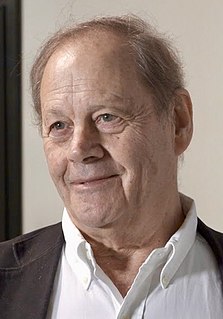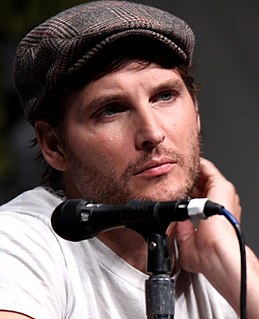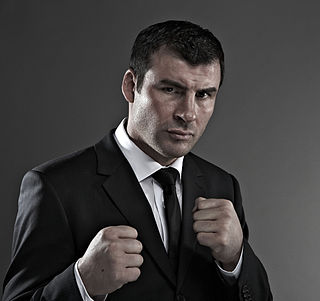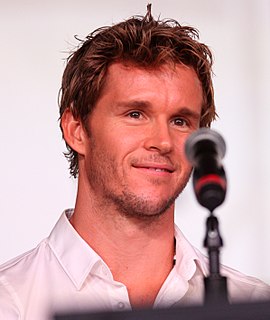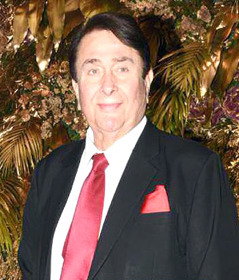A Quote by Bruce Beresford
When we were trying to get the money together for the film, one reason that was consistently given for not investing in it was that everyone kept saying no one could direct it well enough to entertain an audience for 100 minutes essentially watching three people chatting in the kitchen.
Related Quotes
I did it [photojournalism] as something that was really rewarding to do, given the opportunity to express myself about something I cared about, and also to learn a lot by watching filmmakers I admired. In a sense, it was my film school. After doing it for a few years, I decided that the time had come to get it together and do some work of my own. So I stopped doing that and wrote some screenplays on speculation, because even though I wanted to direct, to direct you need a lot of money.
My audience is comprised of three categories. The first category contains the people who decide after the first five minutes that they've made a mistake and leave. The second category is the people who give the film a chance and leave annoyed after 40 minutes. The third category includes the people that watch the whole film and return to see it again. If I'm able to persuade 33% of the audience to stay, then I can say that I've succeeded.
When I said that something was going to cost a certain amount of money, I actually knew what I was talking about. The biggest problem that we were having on the financing front was people with lots of money saying "you need more money to make this film [Moon]," and us saying "no this is the first feature film we want to do it at a budget where we sort of prove ourselves at the starting end of making feature films; we can do this for $5 million." That is where the convincing part between me and Stuart came, we had to convince people with money that we could do it for that budget.
I was pretty realistic to people about what we could get done, and the situation we were in, and trying to tamp down expectations. If you listen to my stump speeches, if you listen to what I said at Grant Park, I kept on saying, "Look, this is not just about me, this is not going to happen in one year, or one term, or even one presidency." And we tried to layer into everything we were saying a sense of hope, but also realism.
I was tied down in that chair for 10 minutes and experienced what it was like to be completely powerless while someone else has complete dominance. It's sadistic, even though I find Richard to be a really lovely human being. That's what the whole film "Tickled" is about. It's not a film about tickling, but I think tickling offers a really good visual metaphor for the much bigger ideas that we were trying to get at about power and control - by people who have a lot of money - over people without money and who have no power in the relationship.
So these are the kind of things that now when people are trying to move towards multiracial congregations that they're stressing. They're talking about these scriptures that say we ought to come together, and that at Pentecost, when that the Holy Spirit is said to have come upon the first Christians, they were given the ability to speak in different languages, and so that no matter who the people were, they could all worship together.
